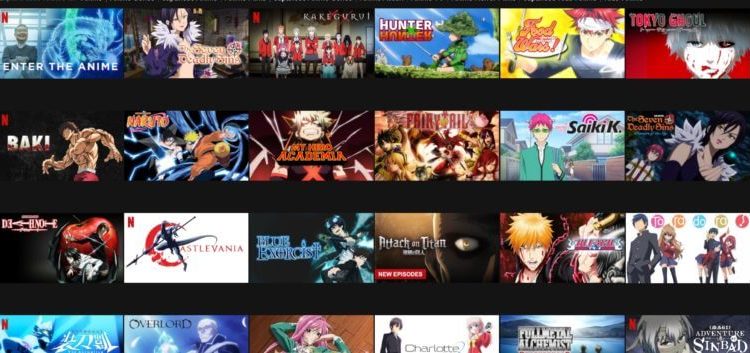A simple search of “free anime streaming,” and you will get a million results. However, you see people getting in trouble by downloading movies on such sites such as Pirate Bay. And these sites are always the subject of lawsuits by different countries around the world.
So, would you get in trouble by watching free anime streams online?
The answer lies in the anime licensing rights.
What is Anime Licensing and How Does it Work?
Most of the animes or mangas are produced by Japanese studios and publishers. The operative word is “most,” since some titles are created by Chinese studios. Now, you can also find Japanese and Chinese co-productions, which boils down to money.
Some Japanese studios need a fresh infusion in order to continue what they love, which is to produce animes. As a result, you have animes that are adapted from Chinese folklore, stories, and legends. Among the examples of Chinese co-productions are RoboMasters: The Animated Series, Soul Buster, Bloodivores, and Hitori no Shita-The Outcast.
So, the funding may come from the Japanese TV network, Chinese Studio, or a North American company. They are spending a lot of money for the content, and for the exclusive right to air the anime. These investors will also co-own the finished product, so they can use it as they see fit.
To put it simply, these studios–Japanese or otherwise–own the anime licensing rights for their respective countries. The anime may be owned by several stakeholders–the content creator, the studio, and other funders. It is not uncommon, for example, for a single anime to be owned by 20-30 investors.
They will all then form a committee, which has voting power to allow a country or a company to air the anime.
Of course, they do not have to contact each one individually for anime licensing rights. Typically, the committee assigns a representative to negotiate on their behalf.
What About Anime Streaming Websites?
From the content producers, funders, and owners, now there is another layer in the supply chain–the distributors. They are crucial to the process that allows you to stream anime on your smartphone, PC, or laptop.
So, these distributors license the content and then sell them as DVD or Blu-ray copies. But these can only reach a certain segment of the population. The main business actually is through online streaming websites like Netflix, Hulu & Now, Quibi, A newly launched streaming site trying to Compete with Netflix.
Some companies also have their own distribution networks. These networks then work with websites to stream licensed animes on their platforms. They also have the authority coming from the local licensee, which means that watching streams from these websites is perfectly legitimate.
Can I download the animes?
Now, if you downloaded from the source material and redistributed it using your personal website or in torrent sites without paying, you can get in trouble for that. It already constitutes piracy.
The penalty of illegally downloading or sharing of original content includes imprisonment of up to five years, in addition to $150,000 for each file. So, if you shared the whole anime season–which runs from 12 episodes to 24 episodes–then you multiply those numbers to $150,000, and that is your total fine.
In the end, you can already watch anime streams for free. Instead of downloading, recommend these websites to your friends instead so they, too, can watch without anybody getting into trouble.


